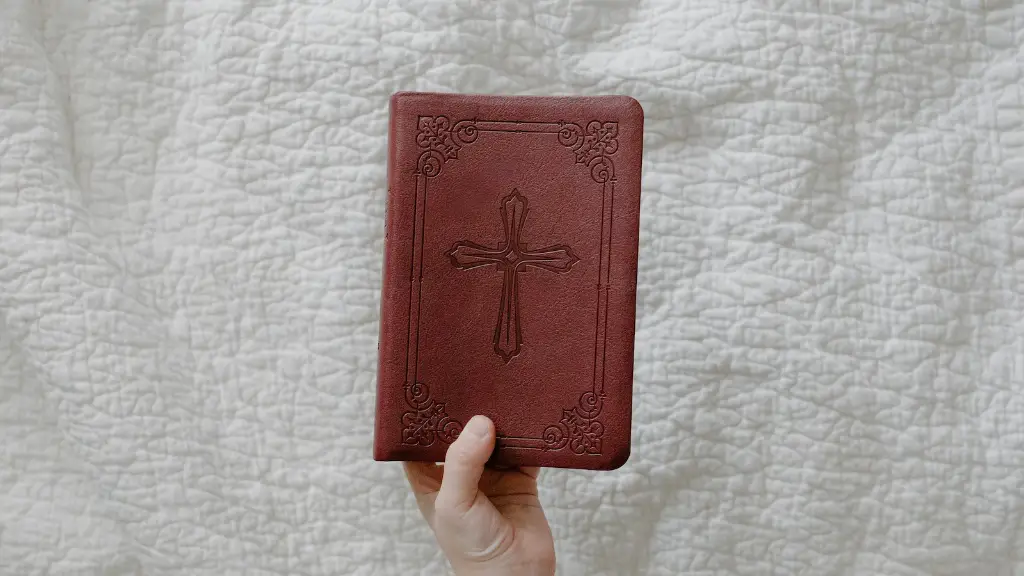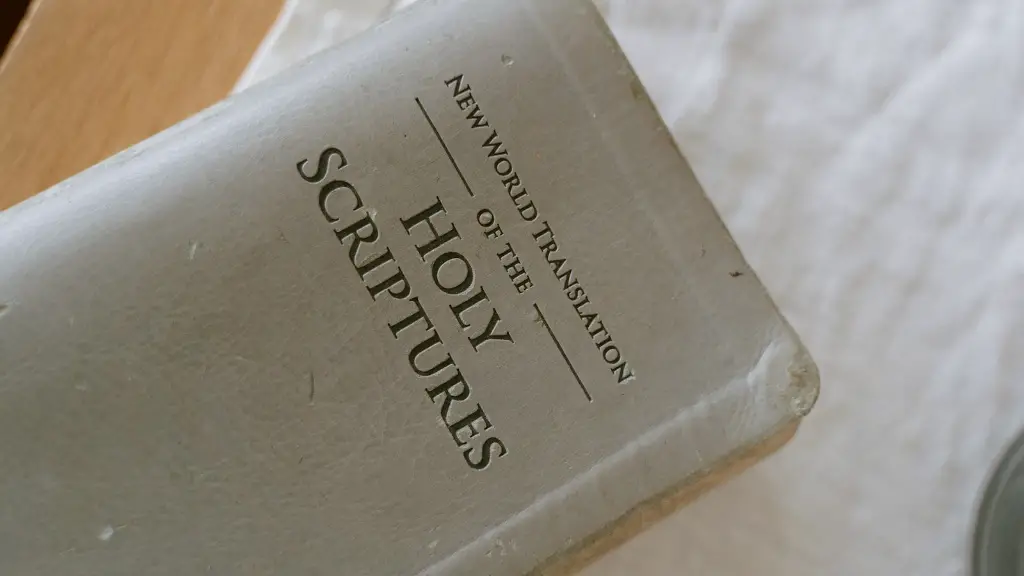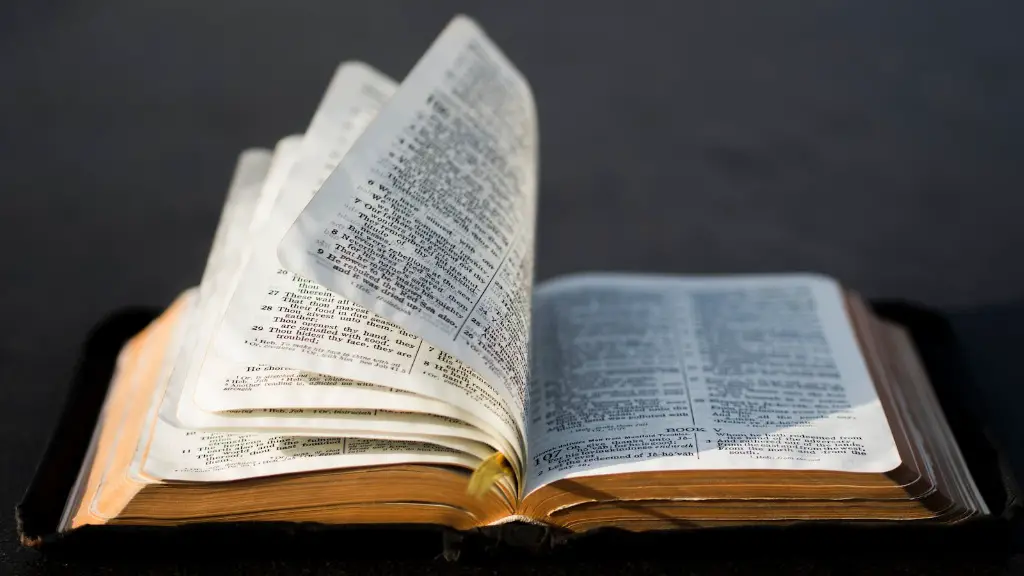Purim is a Jewish holiday celebrated on the 14th of Adar in the Bible. It commemorates the deliverance of the Jewish people from Haman, who had planned to destroy them. The story is told in the Book of Esther. Purim is celebrated with the reading of the Scroll of Esther, making gifts, feasting, and light merry-making. Each of these actions has a special meaning, and together, they help to celebrate and reenact the events of Purim.
The Feast of Purim is traditionally celebrated by reading of the Scroll of Esther in the Synagogue. This is accompanied by a special prayer “Al haNisim” which praises God for the deliverance of the Jewish people. During the booing and hissing that takes place during the reading of Haman’s name, children often shout out “Boo!” and other sounds of derision. This is part of the celebration of Purim, as it a special symbol of unity among the Jewish people.
The main custom of Purim is sending gifts of food (mishloach manot) to one another. The customs of Purim require that on the morning of Purim, each Jewish adult should give at least two gifts of food to two other people. The gifts should be something that can not be enjoyed during the days before Purim, such as nuts and chocolate, and the gift should not be of any value. It is also customary to give money to at least two poor people.
At the Purim feast, it is customary to eat meat and drink wine. This is because, according to Jewish tradition, the eating of meat and drinking of wine on Purim symbolises the joy and gladness of the Jewish people at their victory over Haman. This is why many Jews have a special meal on Purim – to commemorate the joy and gladness of the Jewish people at their deliverance from destruction. This meal is called the Seudat Purim.
In addition to feasting and merry-making, the Purim is known for its special mitzvot (commandments). These include giving gifts to the poor, sending gifts of food to one another, giving charity, listening to the reading of the Scroll of Esther, and reciting Al HaNisim (the special prayer of “the miracles that were done for our forefathers”).
The Feast of Purim is a day of joy and celebration for the Jewish people. It serves as a reminder of the power of faith and the power of the community, the importance of standing together, and the value of love, kindness and hope.
The Relevance of Purim in our Time
The Feast of Purim is important in modern times because it still has profound relevance to our lives today. It teaches us of the power of community and of unity. It reminds us of our shared history as a people, of our responsibility to stand together and look out for one another. It shows us how a seemingly small group can achieve great things when united in faith and action.
The themes of Purim are especially relevant in today’s society. We are living in a time of great division, prejudice, and animosity. Purim reminds us of the importance of working together to overcome hatred and prejudice and to bring about justice. It teaches us to appreciate the use of wisdom and courage in the face of adversity. The Feast of Purim encourages us to put our differences aside and work together to confront the challenges that face us all.
Although the events of Purim are fictional, they still have important lessons for us today. The courage and bravery of the characters in the Scroll of Esther demonstrates that it is possible to stand up to oppression even in the face of great risks. The faith of the people in the face of danger shows us that even in the mist of uncertainty, we can never lose hope in the power of God.
The Feast of Purim has relevance for all people, regardless of their background or beliefs. It reminds us of the power of faith and faith-based actions, the importance of standing together, and the value of hope and love even in the face of barriers. It speaks to us about standing firm in the face of adversity, about overcoming obstacles and celebrating our victories.
The Significance Of Purim For Jews
Purim is one of the most important Jewish holidays as it celebrates a very famous and dramatic biblical story. Throughout Jewish history, Jewish communities have celebrated the holiday of Purim to commemorate the events of the Persians permitting the Jews to practice their religion freely in their homeland. As well as empowering the Jewish people, Purim is a reminder of God’s power in protecting and delivering His people from danger.
Modern-day Jews continue to celebrate Purim to recall the biblical events that shaped the Jewish people and their values. The Feast of Purim has also become a time for contemporary celebration, with food, gifts, special prayers and charity being a part of the tradition. Events are organized and celebrated by Jewish communities around the world as part of the celebration of Purim.
The significance of Purim is that it serves to renew the faith of Jewish people. It serves as a reminder of their history and the courage, strength and resilience of their ancestors. Purim is an uplifting event that is dedicated primarily to prayer, feasting and giving charity in remembrance of the deliverance of the Jews from Haman’s evil plan.
It is customary on Purim to give charity to the poor, each person is obliged to give at least two gifts of food, and also to give money to two or more poor people on the day of Purim. Moreover, Jewish families, who have the means, feast on a special meal of meat or poultry and wine in honour of the Ancient Persians allowing them to celebrate their religion publicly.
Purim Superstitions
The Feast of Purim is not only a time of celebration and joy but it is also a time of superstition. Superstitious customs are observed, as it is believed that fate can be altered by certain activities, and that the outcome of people’s troubles or wishes can be changed by special luck or power.
One superstition is that Jews will be in good luck for the upcoming year if they eat something sweet during the Purim seudah. This is the reason why it is customary to bake Hamantashen (triangular-shaped fruit filled pastries) and to consume them on Purim. It is also said that if a Jew gives charity to the poor on Purim, their fortunes will be blessed throughout the year.
Another superstition is that you should dress up on Purim in festive clothing – preferably something bright – in order to seek the intervention from God and to alter the course of the future. It is also believed that if a person has miraculously survived a dangerous situation, they should dress up in Purim clothing and thank God for their deliverance and protection.
The pastimes and various activities of Purim also have a certain superstitious aspect. It is said that if Jews sing and dance to such an extent that they forget the name of the evil Haman, then everything will go in their favour. The same is said if Jews eat and drink in excess on Purim, as this is said to bring good fortune.
Purim and Gender Equality
The significance of the Feast of Purim can also be seen from the perspective of gender equality. Originally, the day was established to commemorate the courage of Queen Esther and her uncle, Mordechai, in standing up for their people and defending them against Haman’s malicious schemes. The heroism of Mordechai and Esther has been inspiring ever since. It serves as a reminder to all Jews of their obligation to stand up against injustice, regardless of one’s social status or gender.
Gender equality is a significant value of the Jewish people, and this is why the Feast of Purim stands out as an especially important festival. Though women were historically excluded from many aspects of life, Purim serves as a reminder that these obstacles can be overcome, even in the face of adversity. The bravery of Queen Esther should be celebrated and her example should serve to inspire the Jewish people to stand together and fight for justice.
Many Jewish communities today celebrate Purim in a way that is inclusive of both genders. Women join men in synagogue services, sing and dance together, and even share the traditional elements of the Purim meal. This is especially important as it highlights the importance of gender equality in the Jewish community, and serves as a reminder that men and women can work together to achieve great things.
The Influence of Purim In Popular Culture
The story of Purim has not only had an impact on the Jewish community, but is also a popular story in popular culture. In the past few years, the story of Purim has been referenced and revived in numerous forms and has become popular outside the Jewish world. Modern television series and films have included characters inspired by the tale of Purim, and the spirit of the holiday has been celebrated across the world with different celebrations.
The celebration of Purim is also gaining more and more popularity among non-Jews, who embrace the story of Purim as an inspirational tale of courage and resilience in the face of overwhelming odds. People from all walks of life are able to identify with the story of Purim and are drawn to it’s message of hope and faith in challenging times.
Today, the story of Purim still lives on in contemporary culture, with the delivery of baskets of food, the dressing up and masking, the partying, and the special prayers all being a part of the celebration. The Feast of Purim is a reminder of the power of faith and the power of community, and remains relevant as a source of strength and comfort in today’s modern world.





